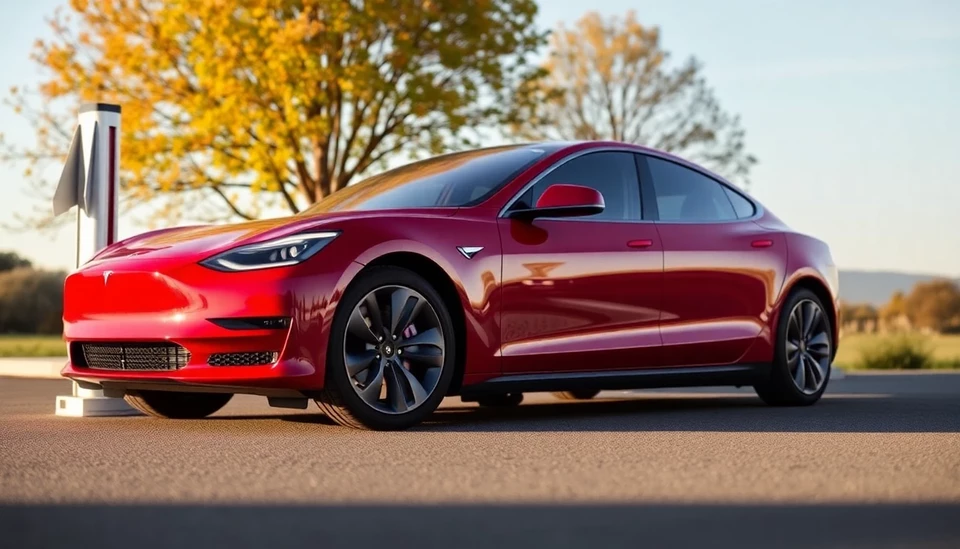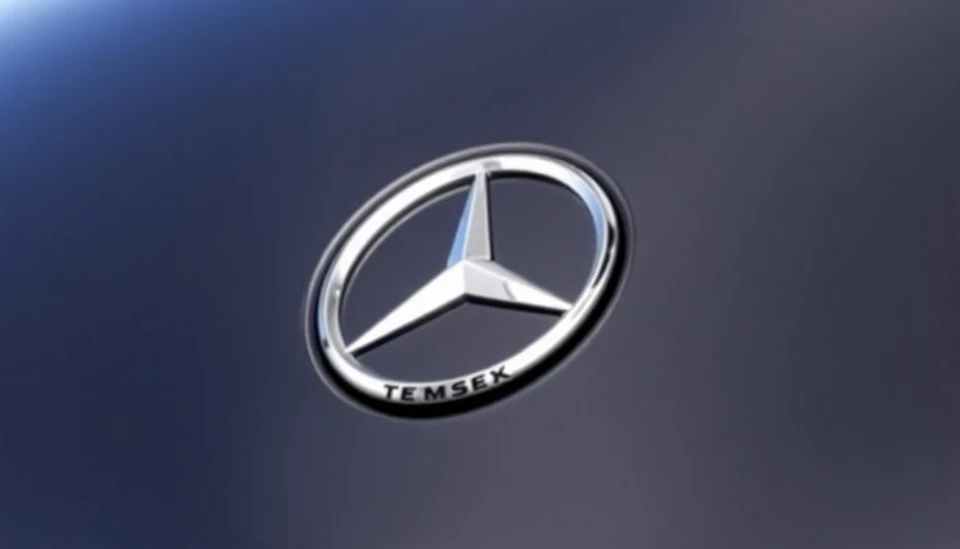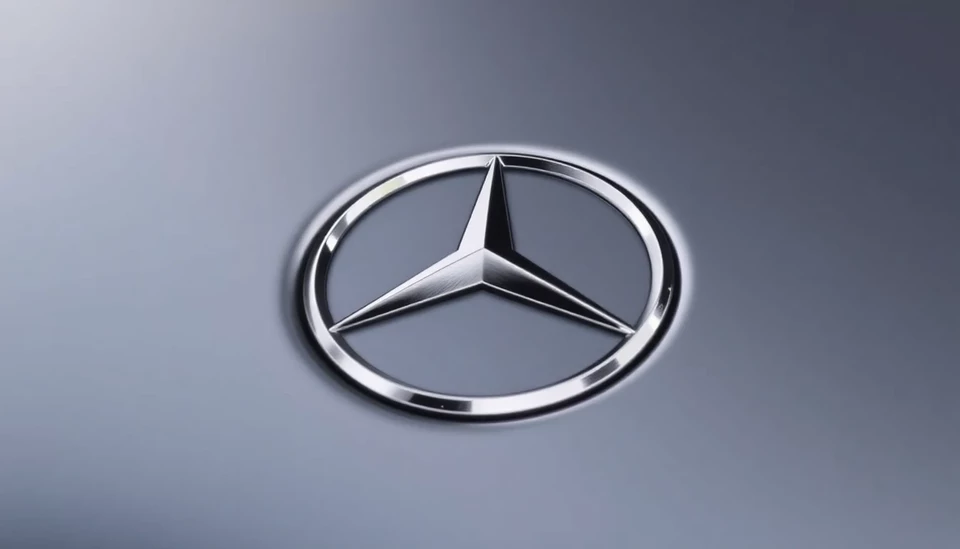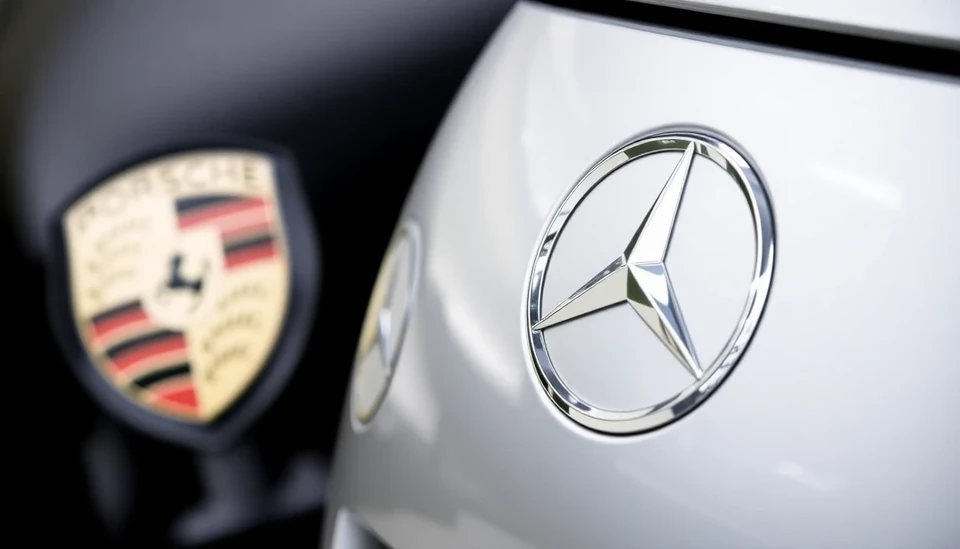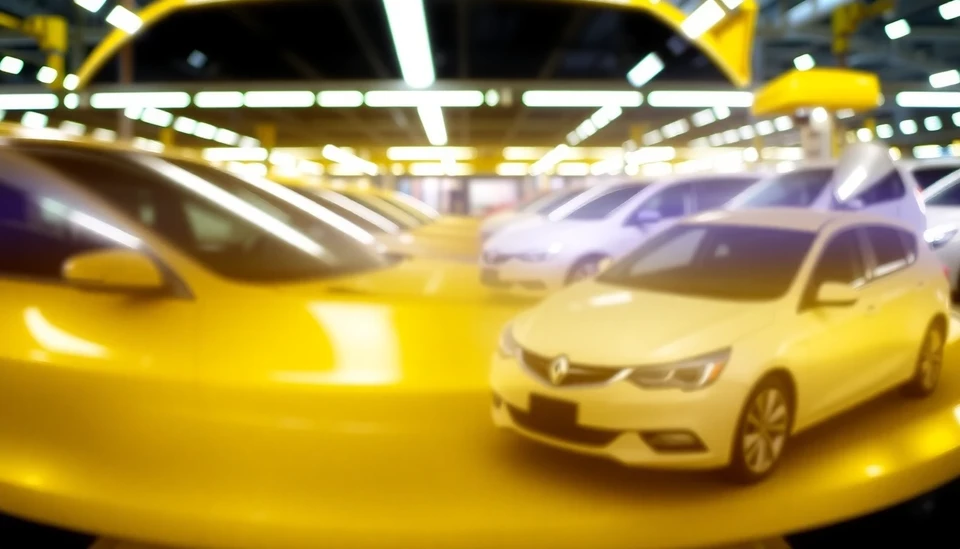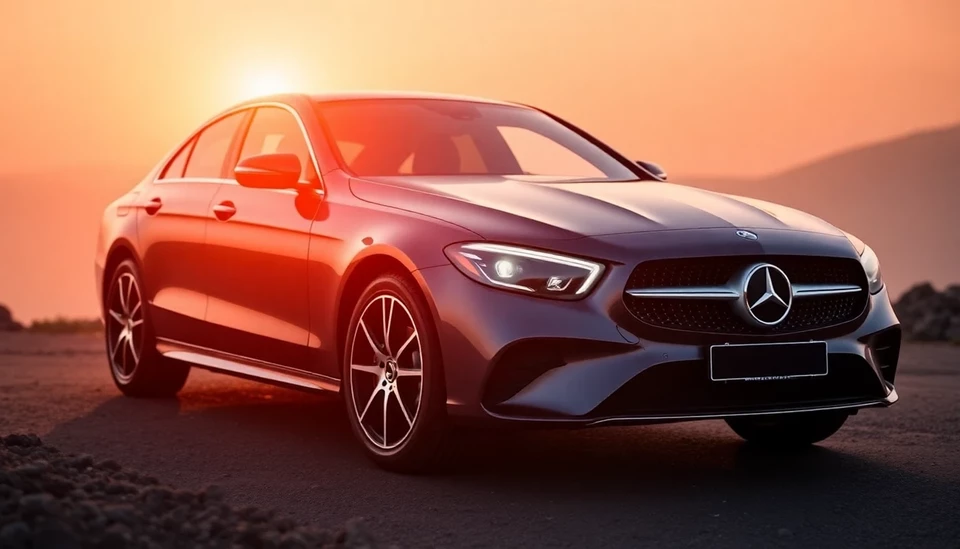
In a challenging start to 2025, Mercedes-Benz has reported a significant drop in car sales, largely attributed to a slump in electric vehicle (EV) sales in China. The renowned German automaker revealed that the overall sales figures for the fourth quarter of 2024 fell by 8% compared to the same period in the previous year. This downturn signals a troubling trend for one of the automotive industry's most established players, particularly as they heavily invest in EVs.
This decline is rooted in the broader struggles of the electric vehicle market, particularly in China, which has been the largest market for EVs globally. With a surge of domestic competitors and shifting consumer preferences, established brands like Mercedes-Benz have been feeling the competitive pressure. The company has found itself grappling with a rapidly evolving landscape where local manufacturers are gaining ground by offering more affordable and increasingly reliable EV options.
Mercedes-Benz's sales in China, a critical market for luxury car brands, have particularly suffered. The company's sales volume in the region fell sharply, which has raised concerns about its ability to compete effectively in a segment that is crucial for future growth. A slump in consumer enthusiasm for premium EVs, fueled by rising prices and the allure of more accessible models from local manufacturers, has contributed to this situation.
In response to these challenges, Mercedes-Benz plans to reinforce its commitment to electrification and enhance its product offerings. The automaker is set to intensify its efforts to capture market share by introducing new models that align with evolving consumer preferences and investing in technology to improve its existing EV lineup. However, industry analysts are cautious about whether these measures will be sufficient to counteract the current downward trend.
The decline in sales is compounded by broader economic uncertainties and potential regulatory changes in the Chinese market, which could further impact the automotive landscape. As companies navigate these headwinds, Mercedes-Benz’s strategy to recalibrate its approach in China may very well determine its future success in the region.
As the company rolls into 2025, the focus will be on how effectively it can reinvent itself in an increasingly competitive and price-sensitive EV market. Industry stakeholders will undoubtedly be watching to see if luxury brands like Mercedes-Benz can regain their foothold amid the rapid evolution of consumer preferences and technological advancements in the electric vehicle sector.
Moving forward, the automotive giant’s performance in the Chinese market will be critical, as it seeks to balance maintaining its luxury status while offering competitive pricing and innovative features.
In conclusion, the road ahead for Mercedes-Benz is fraught with challenges, but it also presents an opportunity for the brand to redefine its strategies in response to a dynamic marketplace. How effectively the company responds to these pressures in the months ahead may very well shape its trajectory in the global auto industry.
#MercedesBenz #EVs #ElectricVehicles #ChinaMarket #CarSales #AutomotiveIndustry #LuxuryCars #MarketTrends
Author: Samuel Brooks
